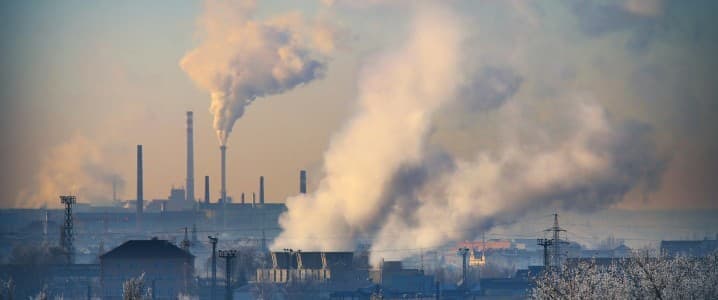Japanese power company J-Power has announced plans to close two units at a thermal coal power plant by the end of fiscal 2028 as part of its commitment to reduce emissions and achieve carbon neutrality by 2050.
J-Power will retire Units 1 and 2 at the Takasago Thermal Power Station as part of its plan to phase out inefficient coal-fired power plants. For high-efficiency coal-fired power plants, J-Power will look to select optimal technologies suited to each site’s characteristics to reduce emissions while continuing to contribute to a stable power supply.
J-Power’s announcement is the latest in the power sector in Japan, which looks to reduce emissions in a nationwide drive to net zero.
The share of fossil fuels in Japan’s power supply slumped to the lowest on record in the first half of 2025, as nuclear and solar electricity generation is growing. Resource-poor Japan, a major importer of LNG, crude oil, and coal, saw its utility-scale electricity supply slump below 60% for the first time between January and June.
At the same time, low-carbon electricity supply – nuclear and renewables – saw the highest level in more than a decade, as Japan is slowly re-opening some nuclear capacities after they were closed for safety checks following the Fukushima disaster in 2011.
Japan’s newly elected Prime Minister, Sanae Takaichi, favors accelerating the restart of nuclear reactors as a way to reduce the G7 economy’s dependence on energy imports.
Before the Fukushima meltdown in 2011, nuclear energy accounted for about 30% of Japan’s electricity mix. The disaster prompted the closure of all reactors for safety checks. Since 2015, Japan has restarted 14 reactors out of 33, while 11 others are currently in the process of restart approval.
Takaichi is expected to keep nuclear power key to Japan’s energy policy and reduce support for large solar schemes if they involve China-made solar equipment. Offshore wind – which has recently seen a major setback with Mitsubishi Corporation dropping plans to develop three offshore wind projects in Japan amid unexpected changes and rising challenges – is also set to be mostly shunned by the new leadership.
By Michael Kern for Oilprice.com
More Top Reads From Oilprice.com

